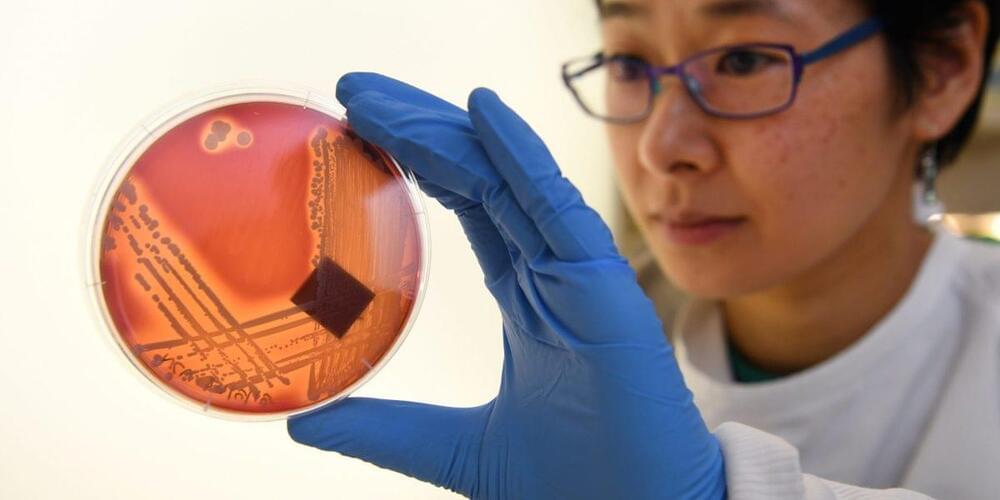Link: Big Pharma loses top scientist to anti-aging research.
GlaxoSmithKline’s chief scientific officer Hal Barron will step down in August as he moves to lead a Silicon Valley anti-ageing start-up, dealing a blow to the pharma group as it races to rebuild its pipeline of drugs.
Hal Barron, a veteran drug developer, helped shape GSK efforts when some shareholders raised concerns that chief executive Emma Walmsley’s lack of a scientific background was a hindrance. He will be replaced by internal candidate Tony Wood.
Barron is leaving GSK to take up the top job at Altos Labs, a start-up reportedly backed by billionaires including Amazon founder Jeff Bezos. He will remain on GSK’s board as a non-executive director and continue to provide scientific advice.







